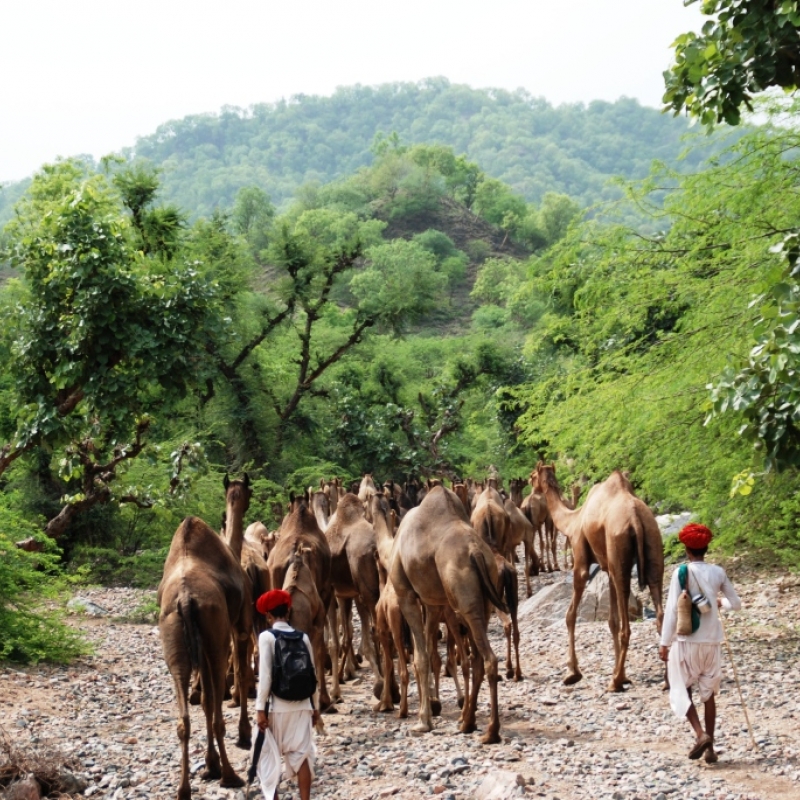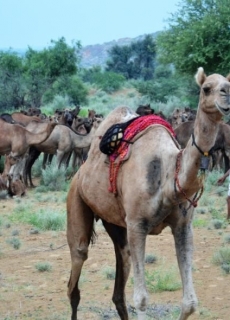As the agro-pastoral community, grapples with an increasingly hostile environment in India, this module examines the conditions they exist in and the solutions to their predicament. Every year, pastoralists and agriculturalists confront the possibility of draught and famine since rainfall is uncertain. Despite the looming threat to climate, the state does little to protect communities that preserve ecosystems and agricultural economies. Economic agendas that prioritize urbanization and industrialization at the cost of sustainable practices have rendered pastoralists, a community that already lacks any land capital and is dependent on other communities for grazing, cornered. The pastoral community is further marginalized when the state does not account for differences between farmers and pastoralists in its policies. This module engages with pastoralists to formulate a plan of action that leads to tangible benefits for the community. The articles elaborate that the community is integral to the survival of animals and animal husbandry. Herders have spent years honing homegrown solutions to improve the quality of dairy produce. An article in this module focuses on the plight of camels and camel herders in a context where camel products are highly underrated, while the other discusses the systematic marginalization of pastoralists in India.

